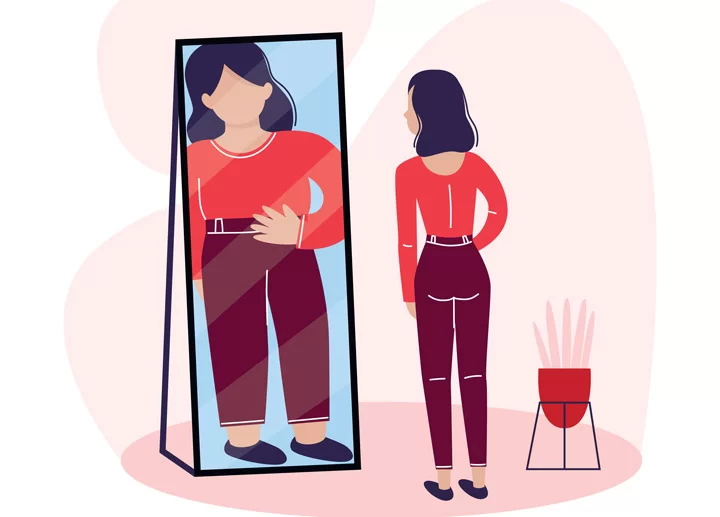The worst thing that can happen to someone with depression is for them to contemplate suicide. Of course, we’re not talking about the importance of psychiatric treatment, medication, and therapy here, because the importance of these things is well understood. Instead, we’re talking about how you, as a non-specialist, can help such a person.
Firstly, don’t rush to tell them about global suicide rates dropping significantly during wars and crises. You’re not recruiting them into the army to keep them from thinking about suicide; let’s not go down that road 😀
The idea is, during wars and crises, when people are deeply involved in a cause greater than themselves yet are also a part of it, you need to do exactly that. Involve them in a big cause they can be a part of. And to keep them involved in it for more than just a couple of weeks, it has to be something they genuinely love.
Secondly, don’t just tell them, “You’ll be okay,” or “Try to be okay.”
Trust me, they’ve tried and failed, and they’re past that stage. If it had worked, you wouldn’t be trying to console them now. Don’t console them, and don’t dwell on their illness, even if you’re telling them, “May God heal you.” They need you to pray silently. They need you to read about depression from here.
Thirdly, religion is very important, but with extreme caution.
The function of religion is to bring us closer to God. And if we get closer to God, we will rise above many worldly things like worries, sadness, and laziness. We’ll rebuild the earth and everything 🙂. Religion is very important when employed correctly in our situation.
If someone doesn’t pray in general, is depressed, and you tell them to pray so that God will open up to you and you’ll get better, they probably won’t pray. Not because they don’t believe in the importance of prayer (the connection between them and God), but because they’re so depressed that they don’t want to get better.
Use religion, but with caution. Make them love religion as a “condition” and not religion as a “means of treatment.”
Fourthly, therapy is very important.
Cases of depression vary, and so do their degrees. Some refuse treatment, some are not convinced by it, and some don’t want to be treated at all because of that. So, we shouldn’t confine ourselves to one article where the beginning of the treatment process is mentioned. What you need to know is that a person’s rejection of treatment is the biggest obstacle to treatment itself. Even a normal person, if they have a certain flaw in their personality, like being “selfish,” for example, will remain selfish as long as they are convinced they are not selfish. And as soon as they are convinced they are selfish in its general meaning (not the meaning they interpret for themselves), they will start the treatment process.
One of the problems with depressed people is that they may not be convinced they are depressed and may understand that the dark days they are living through are the natural result of their failure, for example. This feeling is their “punishment” for being a failure, which makes the world more logical to them. Even suicide seems very logical to them because they see it as the natural result of the pain they are experiencing and which will not end except by ending their life itself.
The solution lies in acknowledging problems by seeing people who fail and are okay with it. Gradualness in psychological treatment is also very important. And here’s where medication comes in… it paves the way for this matter.



